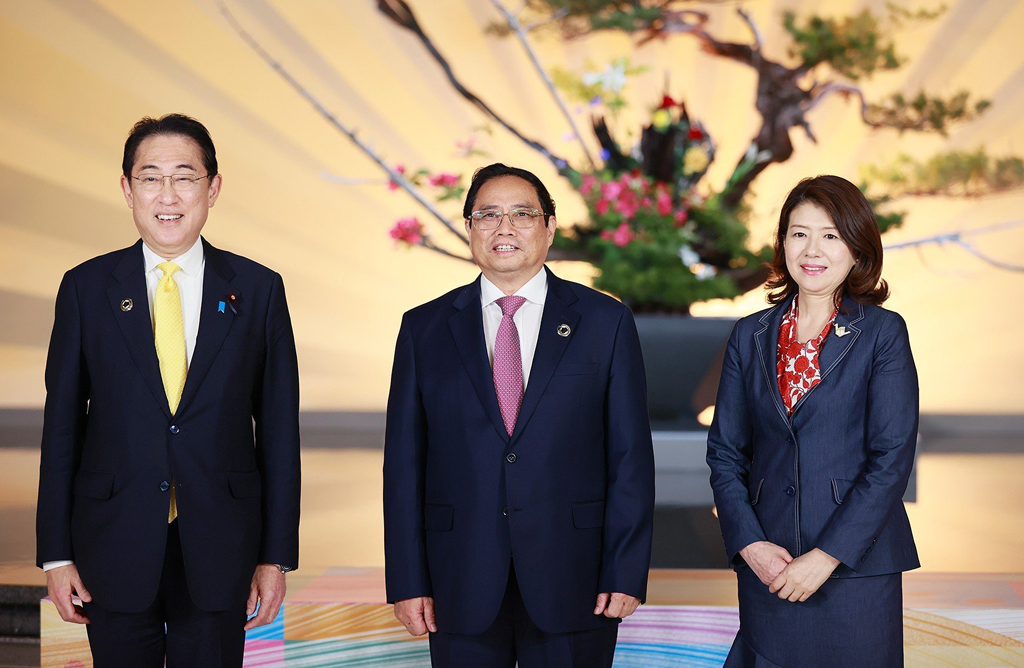
Japanese Prime Minister and his wife welcome Prime Minister Pham Minh Chinh
Vietnam's contributions to the region
Professor Stephen Robert Nagy (International Christian University - Japan, scholar at the Japan Institute of International Affairs): Vietnam's participation in this expanded G7 Summit is welcomed by Japan and other G7 members. Vietnam's contribution and participation in the Indo- Pacific through the Comprehensive and Progressive Agreement for Trans-Pacific Partnership (CPTPP) and the Regional Comprehensive Economic Partnership (RCEP) demonstrate that developing countries are part of advanced trade agreements that emphasize transparency, rules and cooperation.

Professor Stephen Robert Nagy (International Christian University - Japan, scholar at the Japan Institute of International Affairs)
As a developing country in Southeast Asia, Vietnam can discuss with G7 members the importance of peace and stability in the region. It is also about the central role of ASEAN and how countries like Vietnam can work with G7 members to contribute to building a prosperous Indo-Pacific through enhanced infrastructure and connectivity, investment, people-to-people exchanges and good governance.
Need a voice from Vietnam
Dr. Satoru Nagao (Hudson Institute, USA) : At this expanded G7 Summit, Japan invited Vietnam for many reasons.
First of all, the main theme of this year’s G7 is the response to the Ukraine conflict. However, the effectiveness of the G7’s economic sanctions against Russia depends on support from the southern hemisphere countries. And the southern hemisphere countries are suffering from high food and energy prices when Russia cannot export much due to the sanctions. This poses a serious problem for some poor countries in the southern hemisphere.
In June 2022, Indian Foreign Minister S. Jaishankar said: "Europe must abandon the idea that Europe's problems are the world's problems, but the world's problems are not Europe's problems." That is also the view of southern hemisphere countries. Therefore, to identify the problem, Japan needs southern hemisphere countries like Vietnam, even though Vietnam is not a poor country.
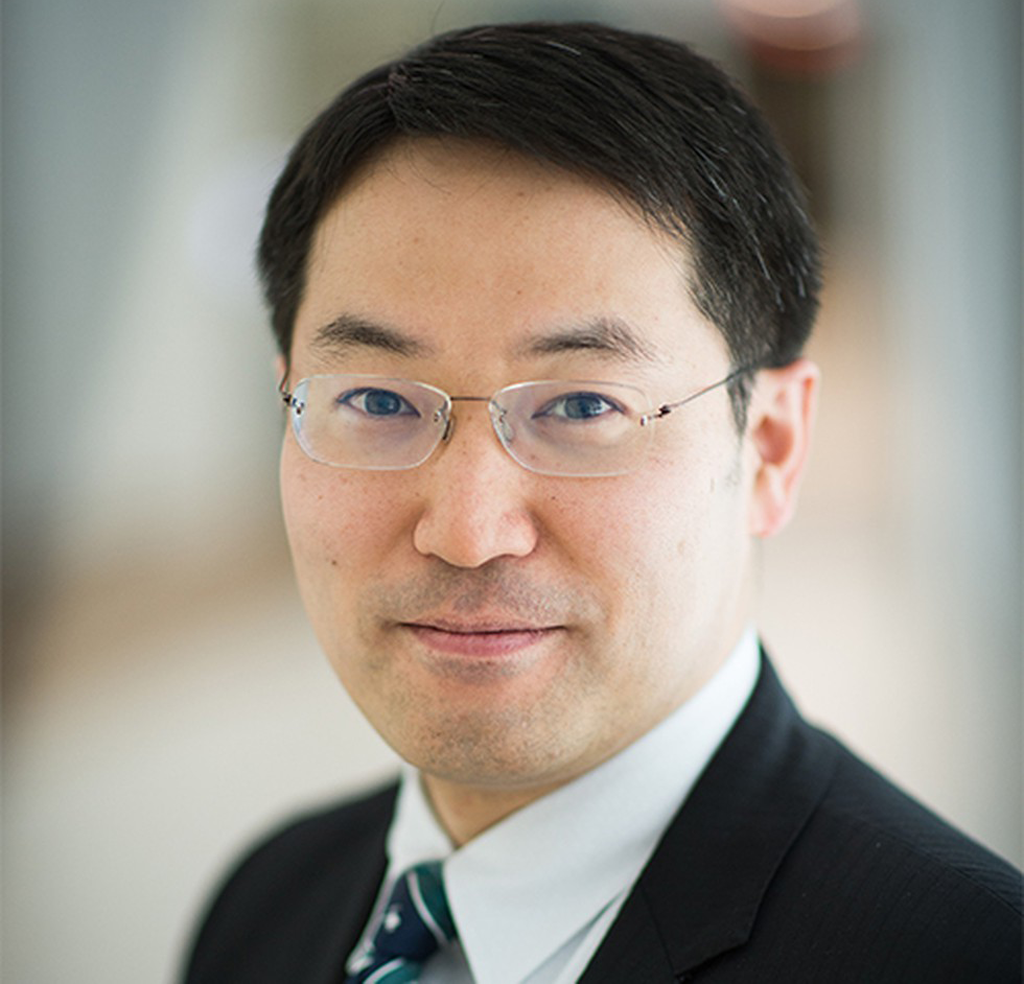
Dr. Satoru Nagao (Hudson Research Institute, USA)
Second, how to deal with the regional challenges from the rise of China is also a major theme of this year's G7. In the G7, Japan is the only country located in the Indo-Pacific, while the US is considered global. Therefore, under Prime Minister Fumio Kishida, Japan wants to have a dialogue on the Indo-Pacific. Therefore, the invited parties have representatives from the Indo-Pacific including Vietnam, India, Australia, Indonesia, the Cook Islands, and South Korea. Together with other G7 members, Japan wants Vietnam to discuss how to deal with the regional challenges. For example, in the issue of economic security, it is clear that Vietnam is a prominent destination for the production shift of large companies and corporations.
Third, Japan invited Vietnam because it wanted to promote bilateral cooperation with Vietnam. Prime Minister Kishida's predecessors, Prime Minister Shinzo Abe and Yoshihide Suga, both chose Vietnam and Indonesia as their top destinations for overseas visits after taking office. Along with India and Australia, Vietnam and Indonesia have long been countries that Japan has paid attention to. Inviting Vietnam shows Japan's desire to promote bilateral relations with Vietnam.
Therefore, to address current major challenges, as well as to elevate bilateral relations, Japan invited Vietnam to participate in the expanded G7 Summit.
Source link





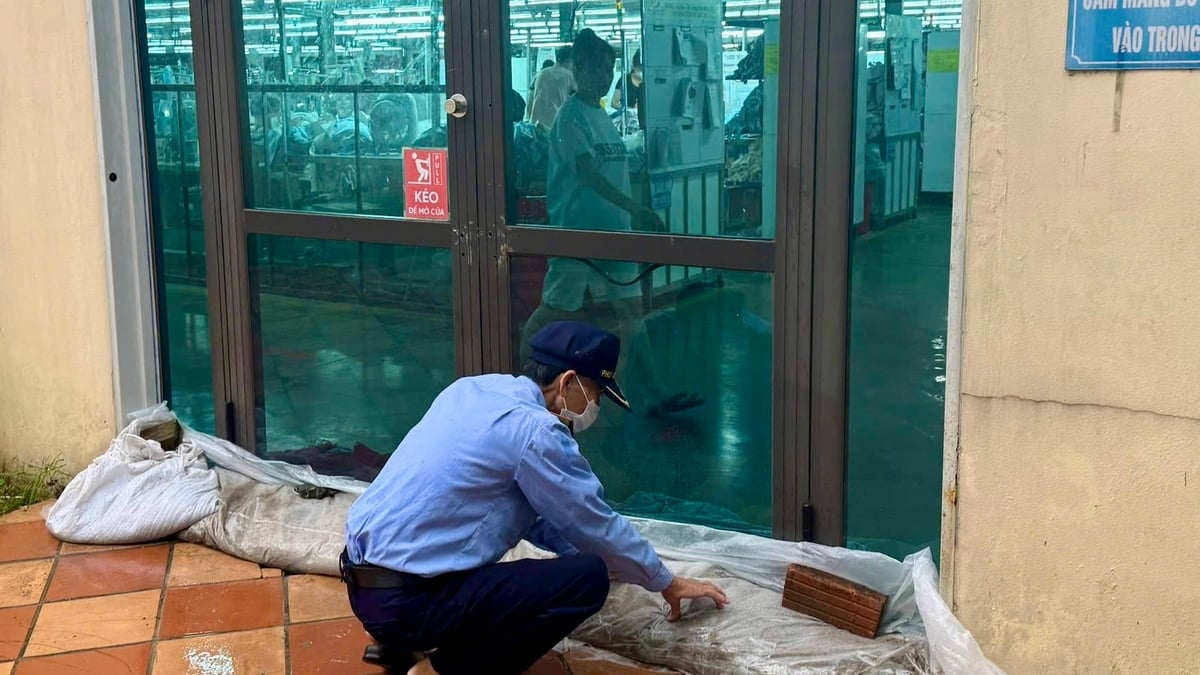
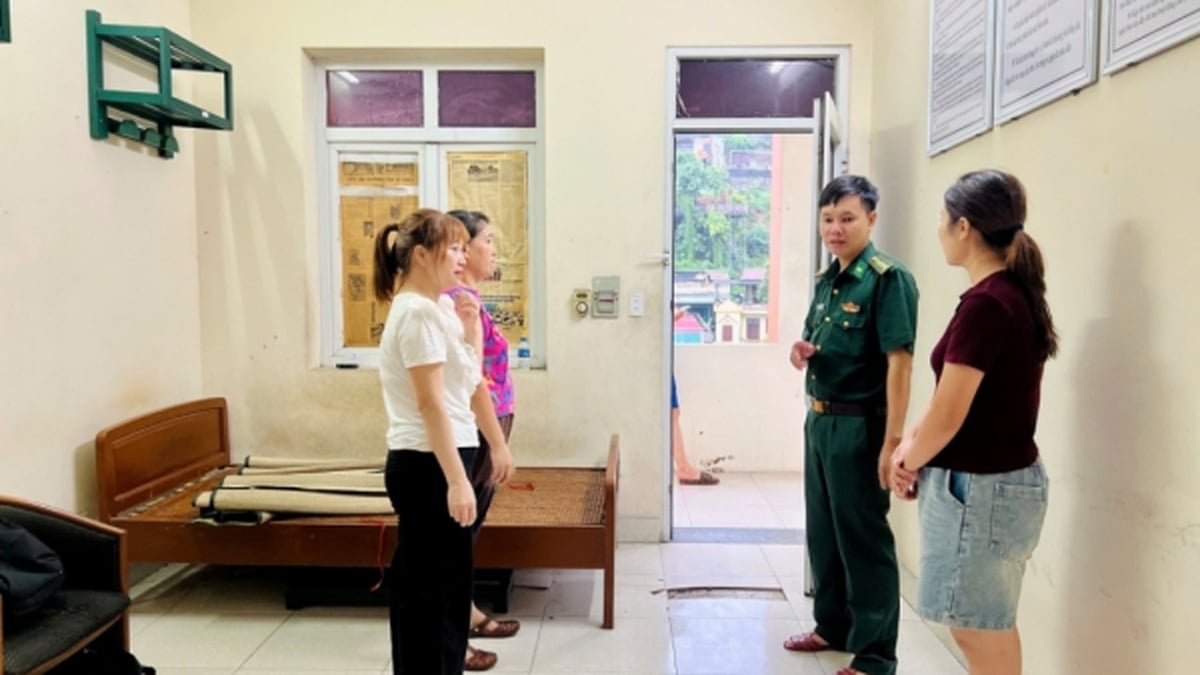

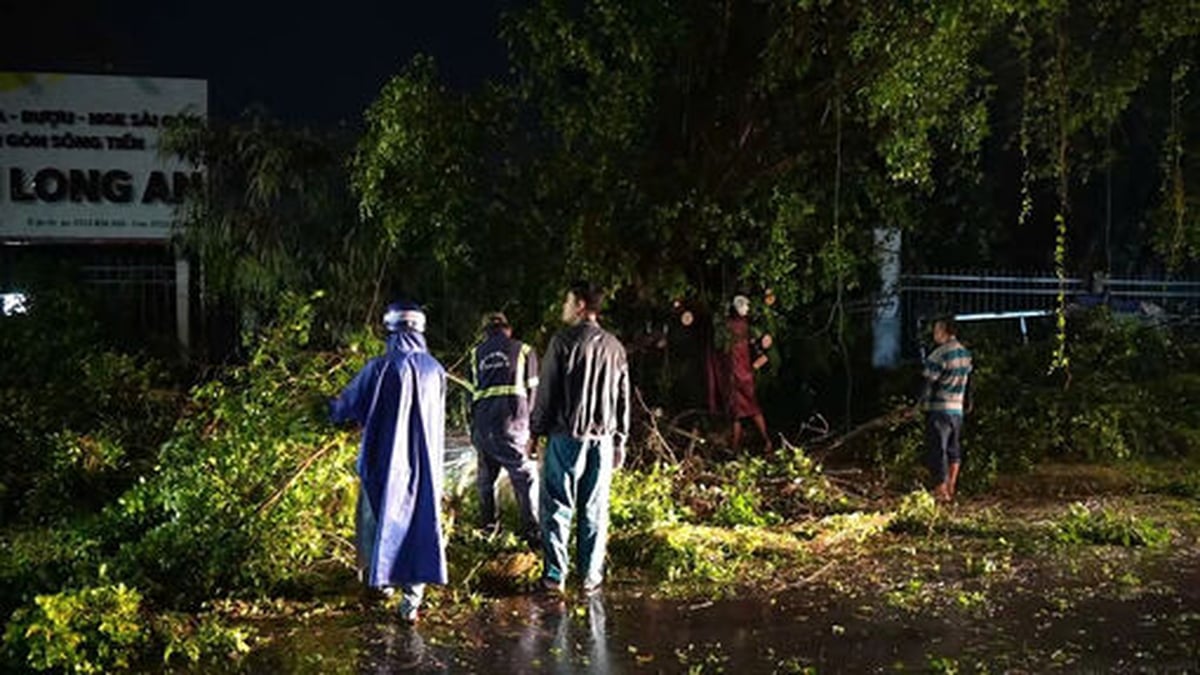

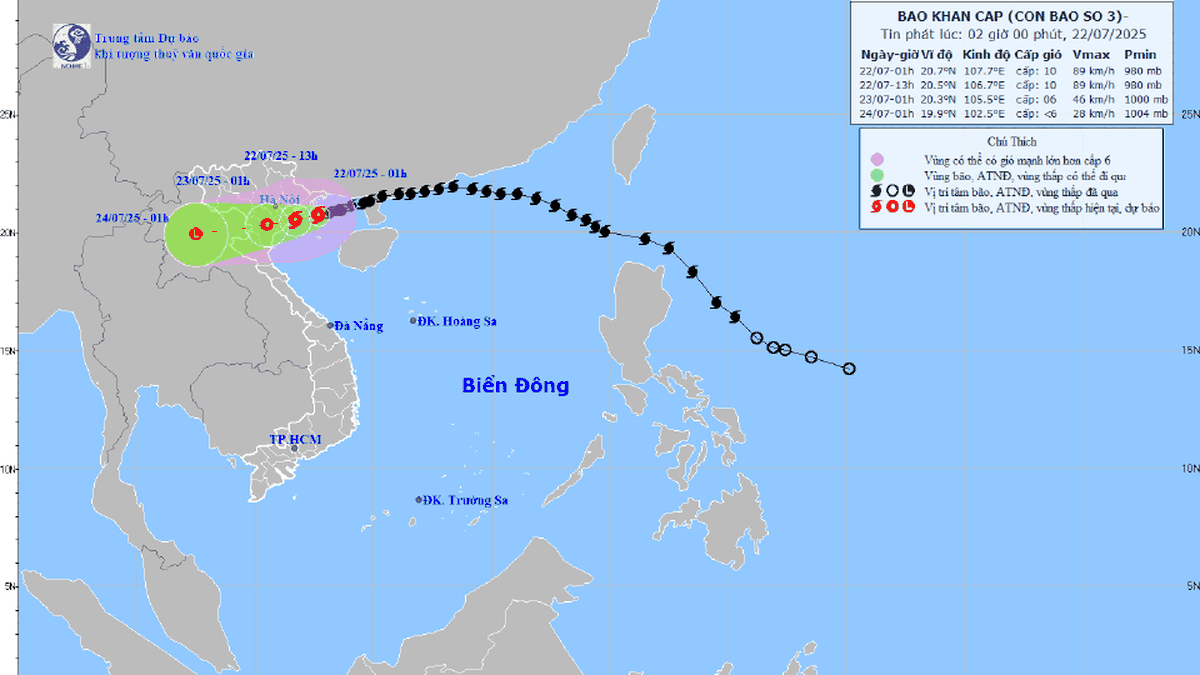













![[Photo] National Assembly Chairman Tran Thanh Man visits Vietnamese Heroic Mother Ta Thi Tran](https://vphoto.vietnam.vn/thumb/1200x675/vietnam/resource/IMAGE/2025/7/20/765c0bd057dd44ad83ab89fe0255b783)












































































Comment (0)